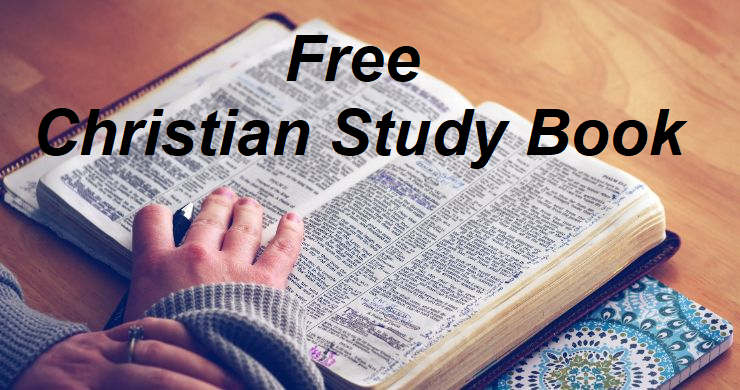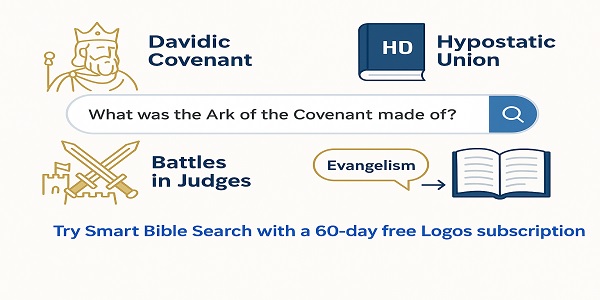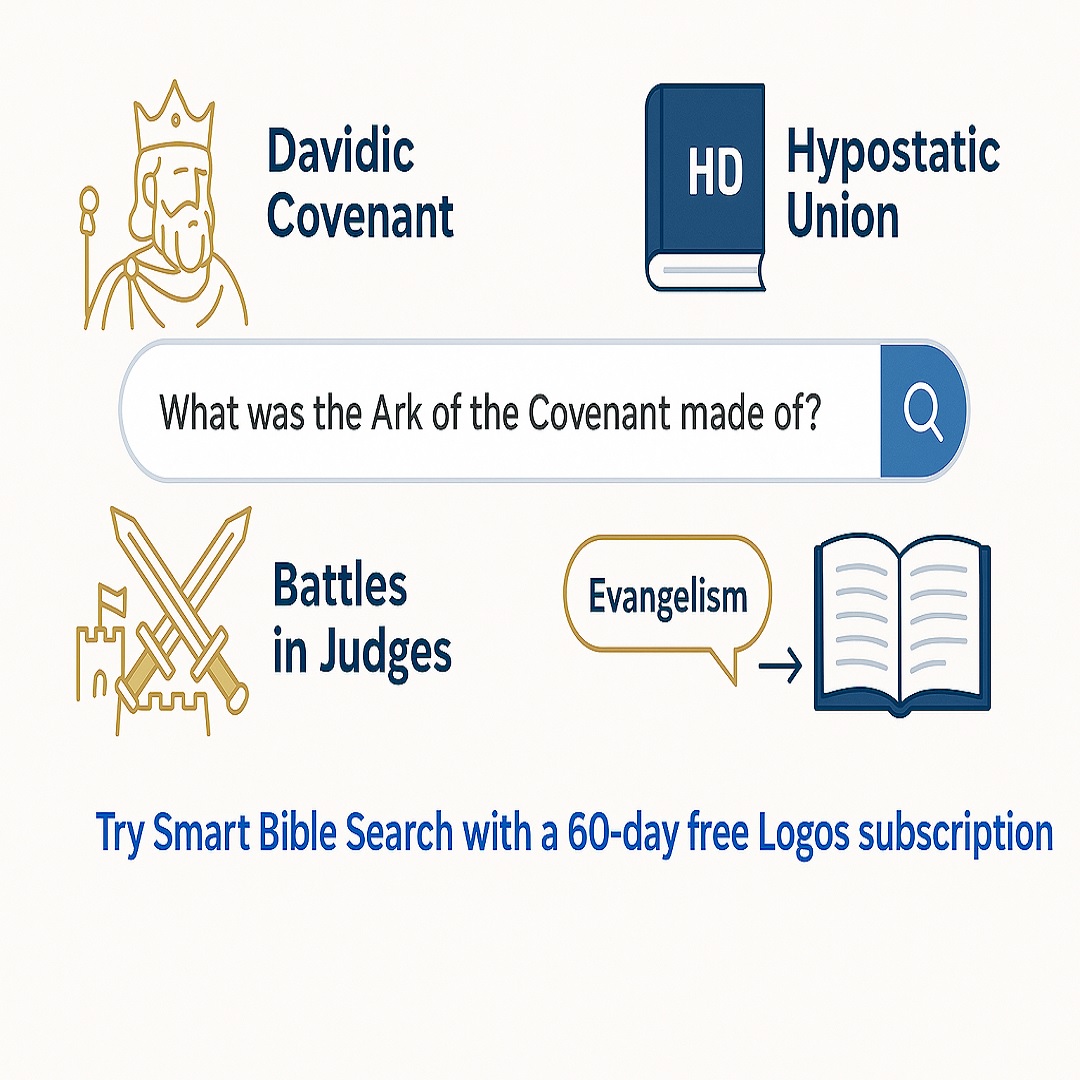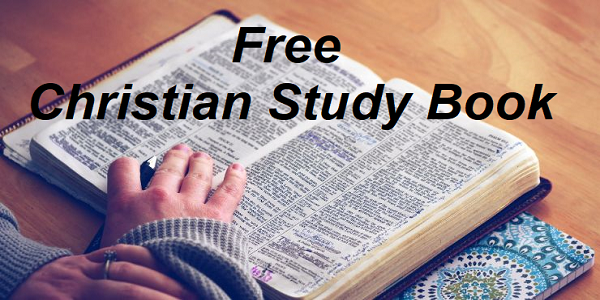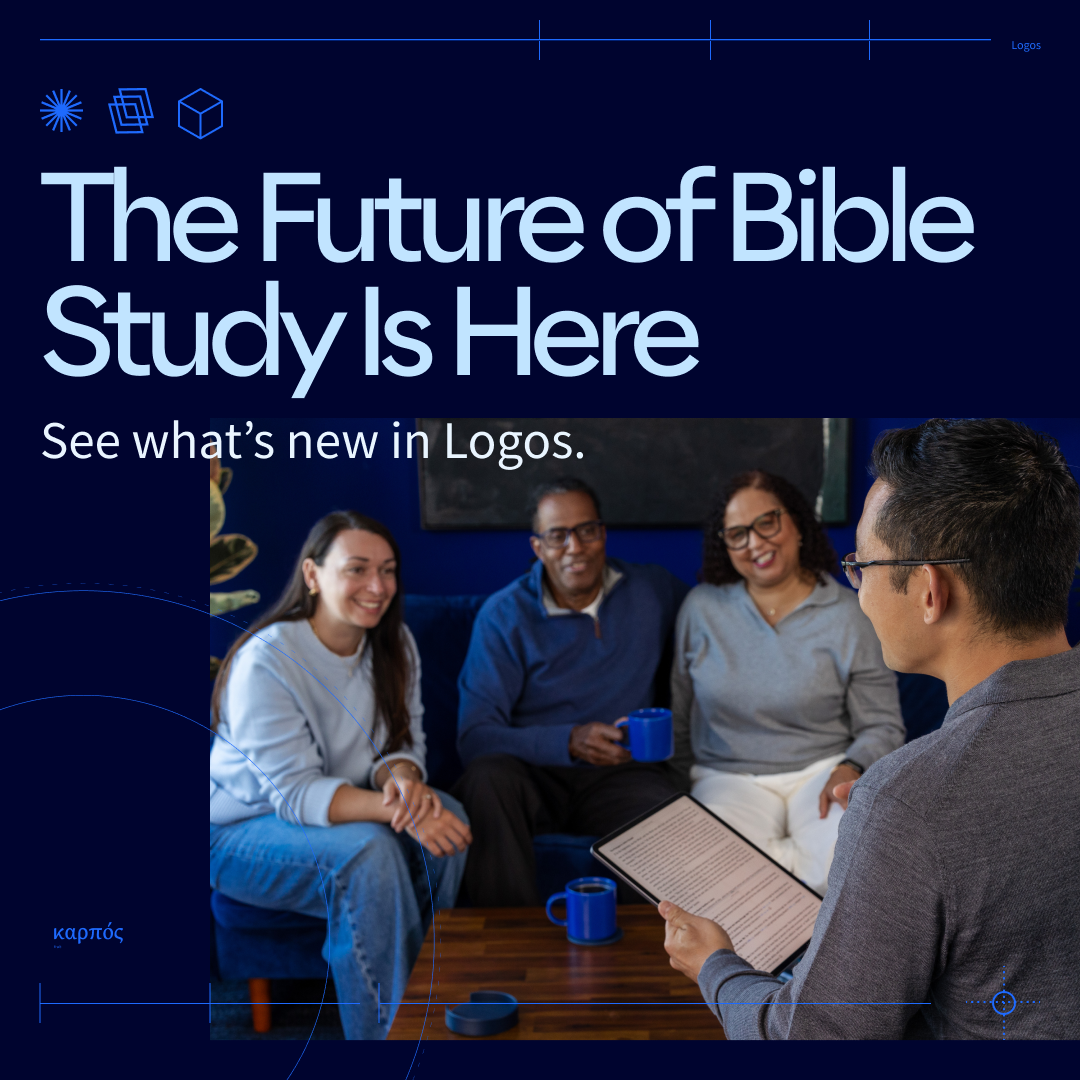Communal Living Often Has A Strong Social Justice Emphasis
A Strong Social Justice emphasis was the case in most communities that I have experienced. It is also the basis of the message that started me writing this. The basic premise is that the Scriptures are full of references requiring us as Christians to look after the poor and the widows etc. It is a convincing argument. Taken up by many a fellowship. It has a, very strong, thrust of the Scriptures. My problem is that, whilst looking after the poor is a very strong calling in scripture, Social Justice itself is essentially scripture-twisting. Social justice is not and should never be the main thrust of scripture. Especially if it does not meet the needs of the church community.
There is a continual failure to acknowledge that the push for social justice in the Bible stems from a change of heart of the community (Isa 32:15-16, Am 5:15, Mic 3:8, Mic 6:8, Ps 7:8-12, Pr 23:17, Le 19:18). The word “Love” is commonly used and “The Spirit of The Lord”. In other words, justice requires a change of heart and a change of spirit.
A Call To Salvation Not Social Justice
The New Testament takes this even further. Because social justice stems from a change of heart of the individual (Mt 12:30-31, Mt 22:38-39, Lu 10:26-27, Acts 4:31-34). In other words, without a personal relationship with Jesus, all attempts at social justice are going to be futile. True change and therefore real social justice will only occur if people are confronted by God and open their lives to him. You cannot have real social justice without evangelism.
As an example, when I was younger I had many disagreements with my elders. As young people do. But for all my disagreements, I cannot deny the heart of the people. Everyone who came to our church community with needs was helped. This community was evangelical in its approach to church.
It is not that social Justice is wrong. It just has the wrong emphasis. You cannot have real social justice without the message of salvation. Anything else is just socialism.
A Loan Account to Meet Church Community Needs
A Church community that I heard of, established a loan account for its members in need. It became a little famous. I found out about this account when it was reported on the News one night. They didn’t say what the arrangements were for being able to get access to this loan but they interviewed a number of the people who had accessed this loan.
Among their praises, I gleaned that this was an interest-free loan and that they paid back at a rate they could easily afford. More than that, if anything went wrong, they were never required to pay back the loan. It was managed by a church. I think that only church community members in need could get it and they had never had anyone default.
People used this loan to get emergency things like white goods that had broken down and trailers that helped start small businesses etc. I also don’t know how the fund managed to grow or if it ever did. I imagine it would have a lot more potential if there was a way for the funds to grow.
However, I was so excited by the idea of a congregation establishing a loan account, that I put it to our church. Horror was the reaction. I was told that the legal liabilities, difficulties and practical problems were just too great. When I mentioned that another church was already doing it, well… I am not sure I know what happened. But somehow it all got buried in the fits of horror that people were having.
A Spirit Of Giving
I’m still inspired by this idea. It could be started in a spirit of giving by people giving to establish the loan float. If it could be pulled off, can you imagine how much better the life of any congregation could be? Not having to go to banks for emergency funds or to establish small businesses. If their lives are financially better and they already have a spirit of giving through the loan can you imagine how much more money could be given away to missions and social justice? Mission organisations and NGOs (Non-Government Organisations) do microloans all the time overseas in less well-off countries very successfully. Why could such a thing not work in our backyard?
This is just one thing a church community could do toward becoming so well off that everybody in it had no needs.
The Obine Community
Charles G Finney is one of my faith heroes.
He was a revivalist in the late 1800s. He wrote a large amount and had a large amount written about him. I enjoy researching all that this man has to say.
In one of his lectures, he talked about what he saw as the biblical approach to business. Alas, the reference I had is lost but it doesn’t matter for this purpose here.
On one occasion I came across a reference to the Oberlin community. This is not unexpected because Charles G Finney was president of the Oberlin Theological College for a time.
I don’t know if Charles G Finney had anything to do with the establishment of this community. But it did sound to be the sort of thing that he would have heartily approved. Rather than a community based on poverty. To be able to give more. This community was based on the making of profit so that more could be given.
A Question Of Profit
The points that caught my attention were and I quote:
Second. We will hold and manage our estates personally, but pledge as perfect a community of interest as though we held a community of property.
Third. We will hold in possession no more property than we believe we can profitably manage for God as his faithful stewards.
Fourth. We will, by industry, economy, and Christian self-denial, obtain as much as we can, above our necessary personal or family expenses, and faithfully appropriate the same for the spread of the Gospel.
Alas, these pages appear to no longer exist on the college website and the principals seem to have changed dramatically. However, these principles have been adopted by various Christian business associations and enormous amounts have consequently been given to missionary work throughout the world.
Certainly, the college still exists as does the township (city?) but whether they still subscribe to any of the original covenants is a different matter. I also don’t know how their change of value will affect their longevity. Nor do I know if they managed to have a church community that was so well off that everybody in it had no needs. But the fact that they managed to establish something that has lasted this long even if it is not in its essentially original form is a testimony to the concept. And they didn’t live in communal houses.
Bible Giving And The Widow’s Mite
Frankly, there is a lot of ignorance and abuse of the scriptures on giving and sacrifice. I venture to suggest that most of the ignorance is due to the abuse. Possibly the most abused is the widow’s mite (Mk.12:42; Lk.12:43).
It’s not unusual to hear preaching, laying guilt trips on congregations, to the effect that we need to give more sacrificially using the widow’s mite as justification. Whilst I acknowledge that sacrifice is integral to our giving, Scripture is also very clear that giving should be a thing of joy (2 Cor.9:6-9). Again and again, Scripture makes provision for the poor. Your requirement to give is affected by your ability to give (Lev.1:1-FF). In contrast to much of the preaching on giving in our modern pulpits, which consistently increases the burden on the poorer members of the Christian community?
There is no doubt that the widow’s mite is about her giving well beyond her requirements. Much more so than people realise. Some preachers love to hammer home the point that she gave everything she had. But she gave much more than even they like to acknowledge. Don’t forget that part of the tithing of the people of Israel was assigned to the care of the widows and orphans. To those who could not look after themselves in that society. It is quite possible that what the widow gave was what she had been given from the temple funds.
Give Back Your Wage
Any preacher who harps on about the amount the widow gave with her mite, should ask themselves: “Since I am supported by the people of my congregations (ie. the Temple) then logically, according to my very own preaching, should I do likewise and hand my entire wage back to the church?” I am convinced none would do that.
From this, it’s interesting to realise that the richness of the temple was always in direct proportion to the richness of the people. It follows then that the richer the temple was the better off the poor should have been.
The Widow’s Mite is about a woman who potentially gave up her ability to buy food for the day. Thus, at least for that day, she may have gone hungry. Is not a template for how we should all give. Despite how it is misused. If it were, then what would we make of 1 Tim 5:8?
“Anyone who does not provide for their relatives, and especially for their own household, has denied the faith and is worse than an unbeliever” (New International Version).
Rather the lesson is that giving should not be about the value of the gift (i.e. it’s true monetary value). It should be about the value of that gift to the giver. In the widow’s case, all that she had for that day. This is born out of the sacrificial system of the people of Israel. Where the quality of the sacrifice was emphasised. Over and over again (Ex. 12:5; Lev. 5:18; Ez. 46:4.6; 43:23; Num. 6:14; 29:29,32; and many more) not the size; unlike those who put the emphasis elsewhere.
Economics Of Enough
God’s economics is an economics that declares that when you have enough you’re rich. Not, because if you are materially rich you are blessed by God and assured of salvation. This is the lesson of the Rich Young Ruler (Matt.19:16-ff; particularly verse 25-ff). The disciples, like every other Israelite, operated on Deut.28; with the assumption that being rich meant you were saved. But Jesus turned the whole concept of Blessing on its head in the Sermon On The Mount in Matthew chapter 5 and following.
This is what Jesus meant when he gave us His prayer “Give us today our daily bread”(Matt.6:11). It is OK to be materially rich if that is what you need to do what God requires of you in this life. But if God wants you to be materially poor, then that is enough and we should see it as enough. It’s not that we shouldn’t aspire to greater and greater things but we must be sure it is what God has called us to do. God only promises to provide what we need for the job He has for us to do. That is what we should look for. It’s all about having enough.
When enough is not enough, that’s when it is “harder for a rich man… than for a camel to pass through the eye of a needle” (Matt.19:24).
Eye Of A Needle
It is quite popular to try to explain this verse by saying that one of the gates to the temple was called Needle Eye. The argument was that it was this gate was the needle Jesus was talking about. It is always amazing to me, the lengths that people will go to try to justify being rich. Let’s face it, the bit about the gate being what He was talking about is just nonsense. Riches bread a desire for the things of this world and sometimes corruption.
With all the above as our guide: sacrificial giving is where we work out how much is enough; which is not the same as how much we can comfortably afford and give the rest away. The spin-off is that God blesses us in any way he wants; (Matt.5 or Deut.28). It’s not about trying to live on less and less so you can give away more and more and it’s not about all giving up work because “God will provide”. You still have to be responsible; you are just responsible with enough.
The question, “What If Your Church community Was So Well Off that No One Had Needs?”, has to involve an understanding of what is enough.



 Search The Bible the way you have always wanted to.
Search The Bible the way you have always wanted to. The most complete Bible study Platform. Start you Free trial Now!
The most complete Bible study Platform. Start you Free trial Now!